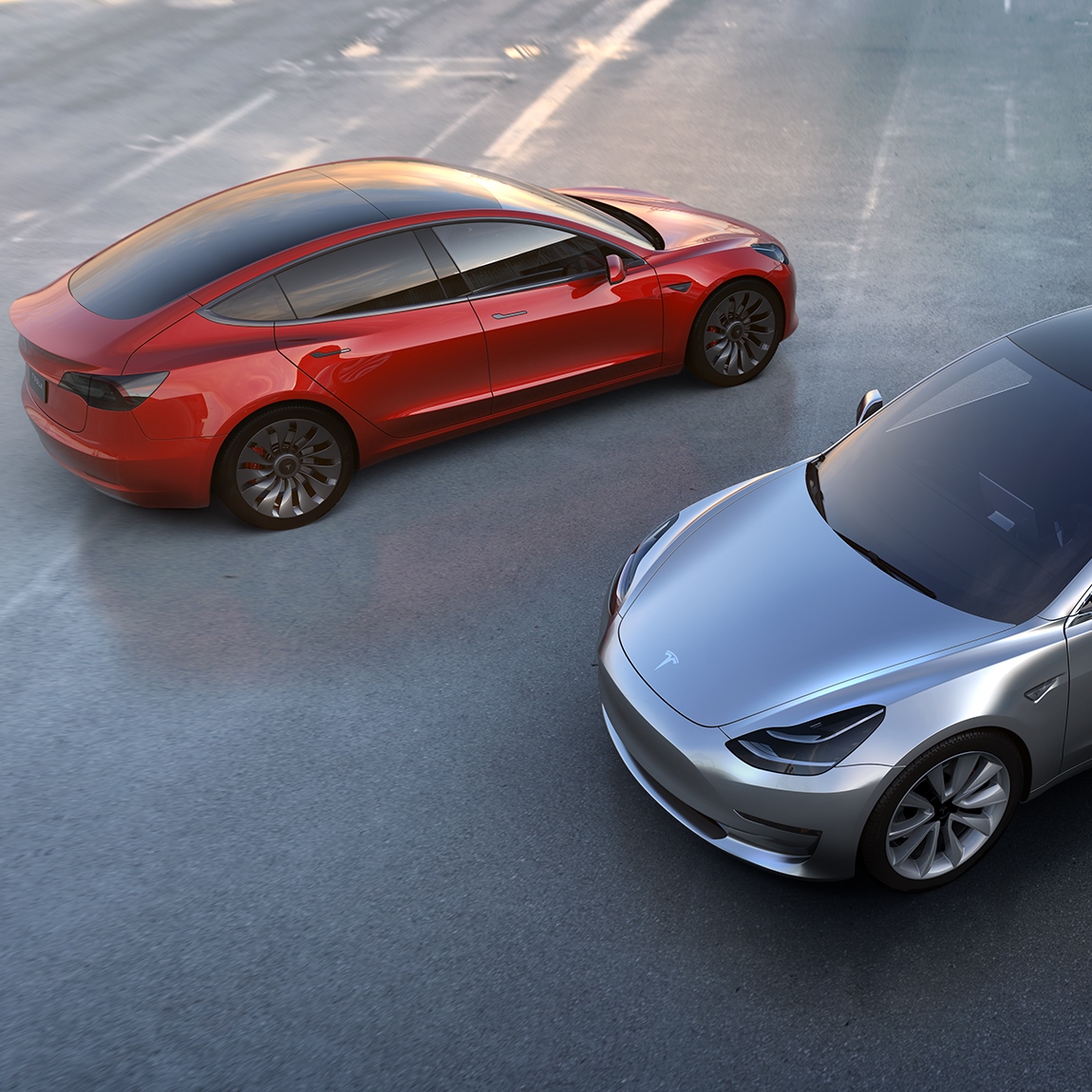Cars and Drivers
Tesla to Lose Federal Tax Credit Sometime This Year

Published:
Last Updated:

Tesla Inc. (NASDAQ: TSLA) is about to find out how appealing its cars are if the $7,500 tax credit to the buyer disappears. It’s really not a question of if, but when.
The tax credits were included in the stimulus bill of 2009 and provided for a credit of between $2,500 to $7,500 on the first 200,000 all-electric or plug-in electric hybrids sold by a given manufacturer. The law went into effect in 2010 and was not repealed — to nearly everyone’s surprise — in the December 2017 tax bill.
Tesla, Nissan, and General Motors are the only carmakers who have sold more than 100,000 qualifying vehicles (the Toyota Prius, the best-selling hybrid, does not count).
In its 2017 annual report filed with the U.S. Securities and Exchange Commission (SEC) on Friday, Tesla noted in the section on risk factors:
[U]nder current regulations, a $7,500 federal tax credit available in the U.S. for the purchase of qualified electric vehicles with at least 17 kWh of battery capacity, such as our vehicles, will begin to phase out over time with respect to any vehicles delivered in the second calendar quarter following the quarter in which we deliver our 200,000th qualifying vehicle in the U.S. We currently expect such 200,000th qualifying delivery to occur at some point during 2018. … In certain circumstances, there is pressure from the oil and gas lobby or related special interests to bring about such developments, which could have some negative impact on demand for our vehicles.
Once Tesla sells its 200,000th vehicle, the tax credit disappears over time. The full credit would apply for the quarter in which the company hits the milestone and for the following quarter. In the first six months after that the credit is reduced to $3,750 and then drops to $1,875 for the next six months before disappearing entirely.
The loss of the tax credit may not be a huge deal to affluent buyers of the Model S which can cost north of $100,000 or the Model X that begins at around $79,000. But the company’s make-or-break vehicle, the Model 3, is priced at around $35,000, and the eventual loss of the tax credit could have a negative impact on the 400,000 or so orders Tesla has received for the car. GM’s Chevy Bolt is priced at about the same level as the Model 3 and the full $7,500 credit will still be available to buyers, at last for a while.
In its SEC filing, Tesla also noted: “[I]n April 2017 and January 2016, respectively, previously available incentives in Hong Kong and Denmark that favored the purchase of electric vehicles expired, negatively impacting sales.” When the state of Georgia ended its state tax credit of $5,000 for buyers of an electric vehicle, sales plunged 90% over the next six months according to a report at USA Today.
Retirement planning doesn’t have to feel overwhelming. The key is finding expert guidance—and SmartAsset’s simple quiz makes it easier than ever for you to connect with a vetted financial advisor.
Here’s how it works:
Why wait? Start building the retirement you’ve always dreamed of. Click here to get started today!
Thank you for reading! Have some feedback for us?
Contact the 24/7 Wall St. editorial team.